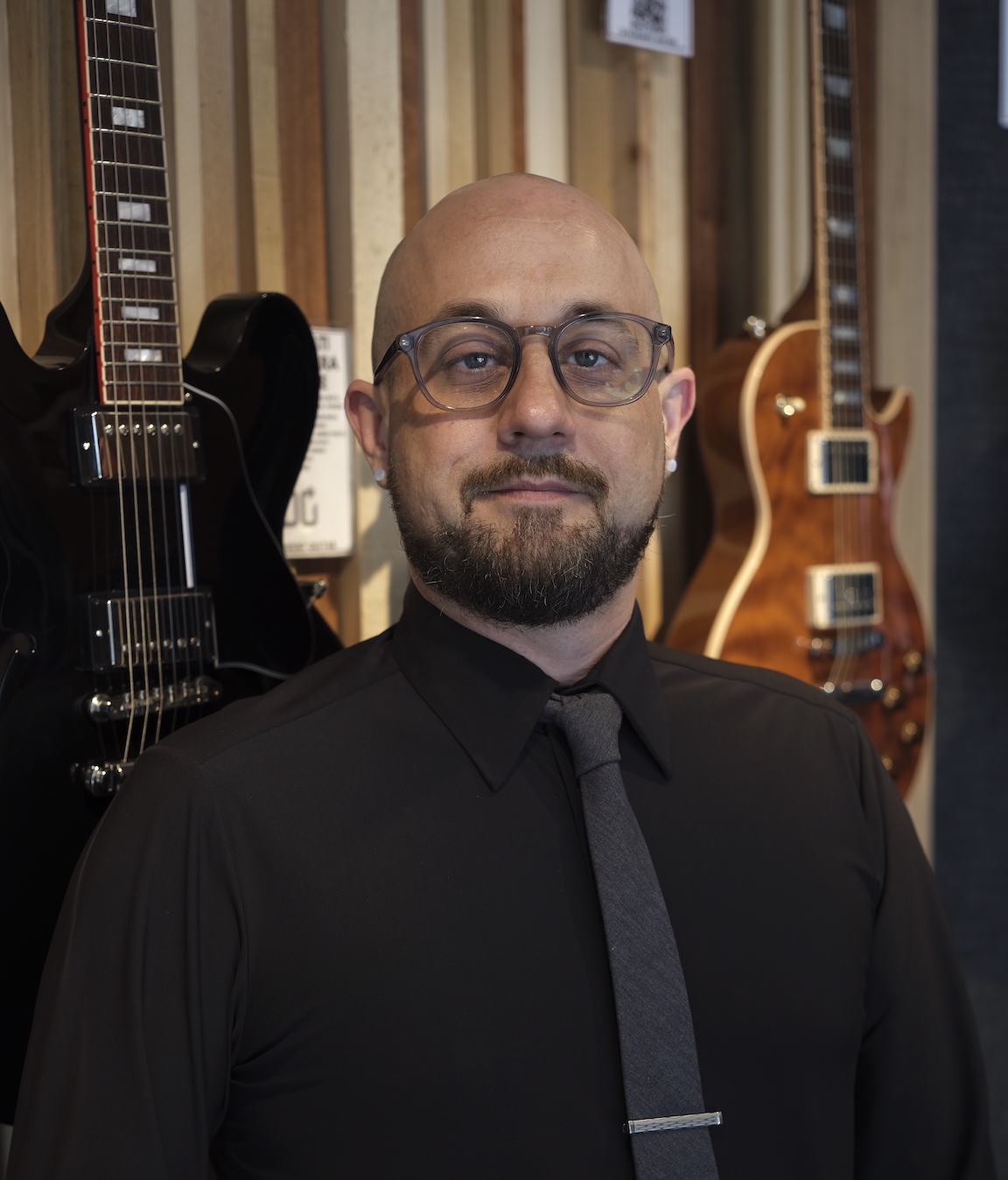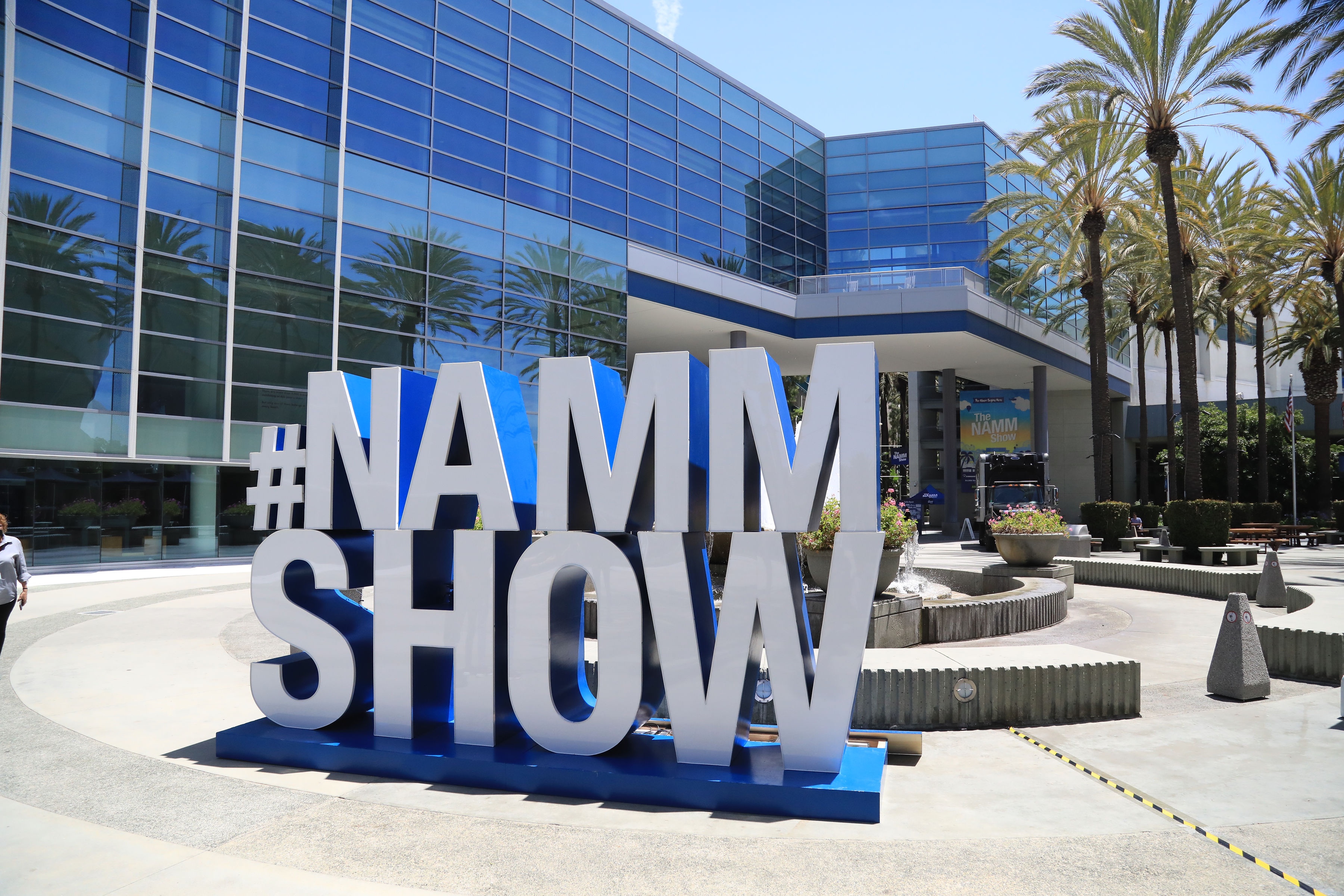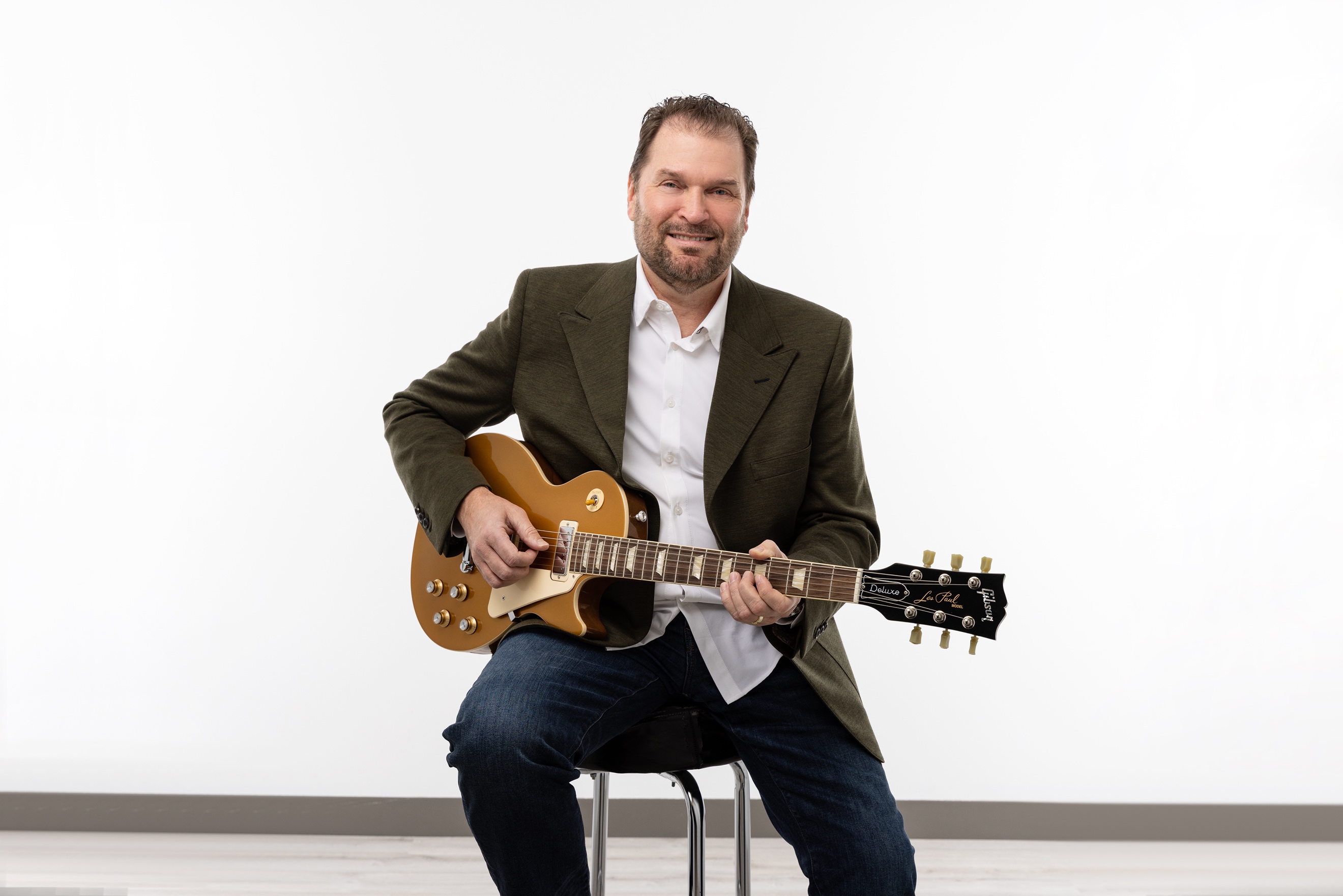
David Mandelbrot
HQ: Chicago
Founded: 2013
Employees: More than 200
Fun fact: Before joining Reverb, Mandelbrot served as CEO of the popular crowdfunding platform
Indiegogo, co-founder of online guitar hub Fretbase, and vice president and general manager of
Yahoo’s media and entertainment division. He’s also an avid guitarist with a passion for acoustic blues.
How do you start your day?
Operating Reverb is like running a wonderful music store that’s always open. Given that, the first thing I do when I wake up is check on what happened while I was sleeping. I like to make sure everything is working smoothly, that buyers are finding instruments from dealers around the world, and that any issues that arose are being dealt with. Once I verify that everything is running as it should, I check my own Reverb feed. I’m the CEO, but also an active Reverb user, so if somebody listed a really interesting instrument for sale in the middle of the night, I want to check it out as soon as I wake up.
What are some of the coolest things you’ve bought on Reverb?
I play guitar every day, primarily finger-style blues, and Waterloo acoustic guitars are wonderful for that style. Waterloo is a brand produced by Collings in Austin, Texas, and most of the guitars are modeled after the Kalamazoo line that Gibson produced in the 1930s. They were very inexpensive at the time, but were amazing instruments, and now Waterloo makes all-solid versions of those original Gibsons. I was thrilled to find Waterloo guitars on Reverb. I’m also passionate about Martin guitars, and have bought and sold a number of them on Reverb. I started selling on Reverb before I started buying, and was using Reverb for years before I joined the company.
To someone who’s not familiar, how would you describe what Reverb does and why it’s important?
Reverb is an online marketplace that helps musical instrument sellers of all sizes get their products in front of our worldwide community of music makers, and enables them to find buyers for their gear beyond their local communities.
Can you offer an example?
Martin makes a guitar called the Dreadnought Junior, and a few years ago they changed the specs on the body shape. However, a number of Martin users still wanted to buy the guitar with the original design. One retailer in Athens, Georgia, still had what’s referred to as new old stock — items that have never been unboxed and used, but were built to the older specifications — and Reverb allowed them to easily find a buyer all the way in San Francisco. I know that example personally because I was the buyer. [Laughs.] To me, that story shows how effectively Reverb can connect sellers with passionate buyers, regardless of location.
What’s newest and most exciting for you at Reverb?
There are quite a few things. We launched a combine-and-save feature that allows dealers on Reverb to ship and sell many items to the same customers at the same time and offer discounts when customers buy multiple items. We also launched dashboards for our dealers who are selling and advertising on our platform, so they can really see the impact of their ads. And in the last few months, we launched a shipping estimator, so sellers can estimate what it will cost to send an item before that item sells — that helps dealers price products appropriately and ensures that they’re getting the margins they’re hoping for. One other thing I’m excited about is Gear Collections, which allows players to track the prices of gear they own, what they paid for it, and what it’s worth now. There’s always a lot happening at Reverb to make sure that sellers have a great experience working with our millions of buyers.
How would you describe yourself as a manager?
I gravitate towards strategy, vision and trying to work with our wonderful team of musicians to build that vision. I like to empower people to do great work, and I’m blessed to work with a team of people who are passionate about musical instruments. My role is to clear the way for them and remove roadblocks so they can follow those passions and be successful.
You’ve mentioned that guitar-related products are some of the most consistent sellers on Reverb.
In addition to acoustic and electric guitars, pedals and amps are extremely popular. One of the fantastic things about our platform is that we have a very wide range of pedals from hundreds of manufacturers sold every day by thousands of dealers who use Reverb. We also saw a huge surge in home recording equipment during the pandemic, as people converted their homes into studios, as well as synths and keyboards. Both new and used gear have been popular.
At this point in the pandemic, how much of the Reverb team is working remotely?
We’ve been fully remote since the pandemic started in March 2020. We’re used to collaborating virtually since we have employees around the world, including a team in Amsterdam to serve Reverb dealers in Europe. But even here in Chicago, everyone’s been remote for well over a year.
Are there Reverb users who buy instruments as investments, rather than personal or professional use?
There are people who use Reverb to look for unique inventory that’s well priced, buy it, play it for a bit or fix it up, and then resell it. Interestingly, many of those buyers and sellers are dealers that are active on Reverb. Some of the largest instrument sellers know that Reverb has a large audience for used gear, so they source unique used inventory directly from the Reverb marketplace to sell in their own shop.
How do you stop bad actors from taking advantage of the Reverb marketplace?
Our largest team of employees is focused on customer experience. That team interacts directly with buyers and sellers and helps if anything goes wrong. Those team members, and Reverb as a whole, are dedicated to ensuring that people have great experiences on our platform. We’ve been highly focused on the customer experience from the beginning and, especially in the last year, have invested even more in that area. We also built a marketplace integrity team, whose sole purpose is to monitor all activity on Reverb, make sure that buyers and sellers are maintaining high standards, and that everyone has a great experience and keeps coming back.
Reverb produced a full-length documentary on effects pedals called “The Pedal Movie.” That’s such a unique promotional tool. What was the inspiration behind that project?
We have a great content team that regularly produces articles and videos that help Reverb users learn about gear. The movie idea grew as a way to look at how the pedal industry developed, and how a handful of pedal makers a few decades ago grew into the massive community of pedal buyers, sellers and creators we have today. Our team realized that we were uniquely equipped to tell this story, based on our position in the industry and our regular interactions with people who make, sell and buy pedals. Our goal was to inspire people to fall back in love with their pedal boards and make more music. We launched the film earlier this year, and I’m proud to say that at one point it was the number-one rented documentary on the iTunes store. The pedal makers and dealers on Reverb just loved it and it did what we set out to do — inspire people to get excited about pedals and make great music.
Lots of music-related tech companies claim to revolutionize the industry and then quickly fail. Why has Reverb gone the distance?
One big reason is that when companies try to revolutionize the industry, they’re looking to supplant a lot of the existing players. That’s not our approach. From the start, our desire was to better enable dealers to buy and sell musical instruments, not to take their business or replace them. The spirit of partnership has been a big part of why we’ve succeeded. The second thing is that Reverb was started by people who worked in music stores, were musicians and understood the industry. They used their insider knowledge to come up with creative solutions to enable dealers and sellers to be more successful. The final reason is that we’ve maintained focus. Our mission is to make the world more musical, and that’s where we direct all of our efforts.
What do you think Music Inc. readers would be surprised to learn about Reverb?
Some readers who aren’t familiar with us may not know that we see ourselves as partners to dealers in the industry. Sometimes dealers who don’t know us well might see us as the competition, but we absolutely don’t engage that way. We are passionate about making the world more musical, and we try every day to enable existing dealers and musical instrument brands to be even more successful than they already are.
If not music, what would you be doing?
I love online marketplaces and vintage equipment, so I’d probably be involved in some other business that connects buyers and sellers around vintage gear like typewriters. I’d also be spending lots of time plotting how to get myself involved in music again. [Laughs.] Music is such a passion of mine. I feel incredibly blessed to be doing work related to it.













